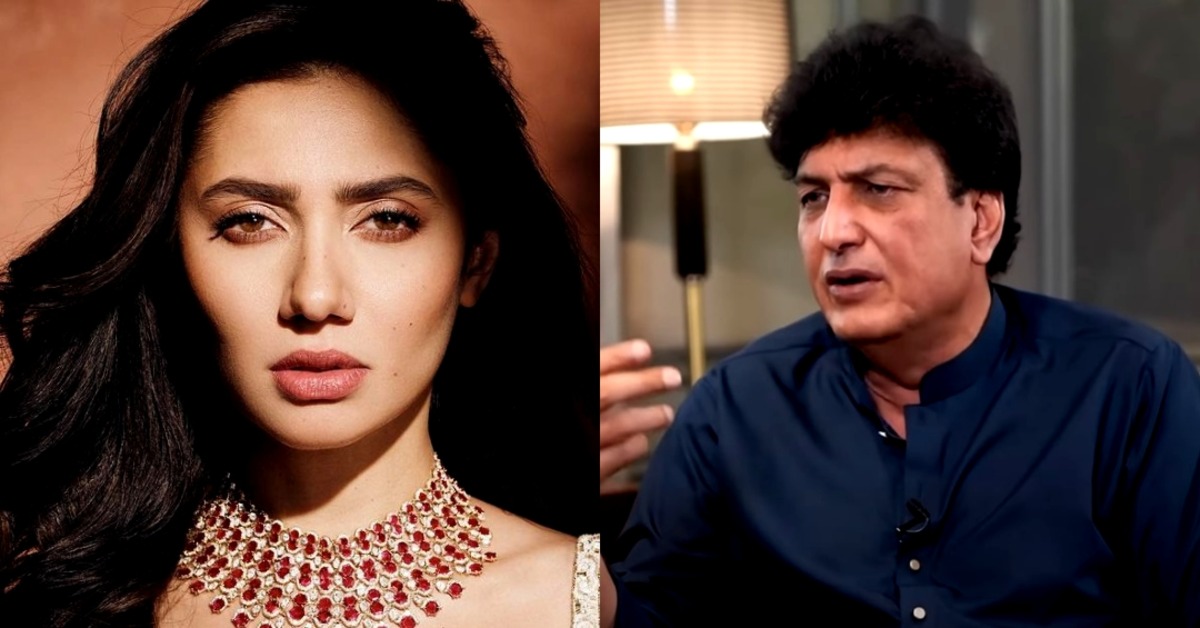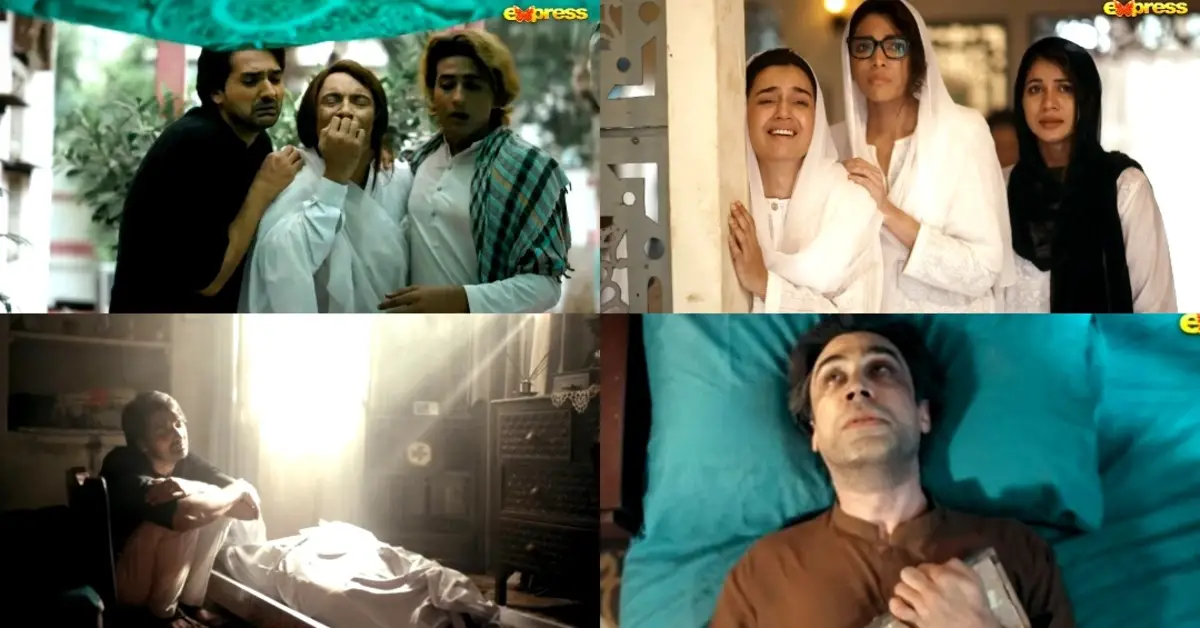Writer: Kifayat Rodhani
Director: Anjum Shehzad
Presented By: Entanna Productions in association with Multiverse Entertainment
Channel: Green TV
Drama serial Idiot endeavored to encapsulate numerous themes. However, in its attempt to cover a multitude of topics, Idiot may have taken on more than it could seamlessly navigate. While the creators of the drama undoubtedly approached their project with admirable sincerity, the execution faltered when it came to providing entertainment and maintaining a focused approach. Idiot met the same fate as Nauroz, both these drama serials had a lot of potential but their subject matters were all over the place. By the middle of the drama, these themes became so extensive that it was difficult for me to fully grasp and make sense of them.
Idiot Main Story and Theme
From the onset, the writer skillfully articulated the concept of ‘idiot’ in the drama through the unconventional protagonist, Gulzar. Even as a young kid, Gulzar was portrayed as markedly distinct from his peers. The lack of acceptance from his father and the intense animosity from his brother not only reinforced his outsider status but also accentuated the depth of his isolation. Buddy was his only true friend throughout his journey with his daadi and school friend helping him feel less alienated in the early years.
At the start, it seemed the story would focus on the societal challenges faced by individuals like Gulzar. However, as Gulzar matured, his role as a ‘fixer’ emerged, dramatically altering the course of the story. Gulzar’s story and its nuances had the potential for greater intrigue if only it had been presented with a more seamless flow and a more refined treatment.
Another important track in the story had to be that of Rida’s played beautifully by the newcomer Aleeza Rahim. One of the most noteworthy elements of the drama was Rida’s connection with Gulzar and how the writer employed her character to shed light on an aspect of human trafficking rarely explored in typical dramas. Similar to the other tracks in the drama, this particular track was also stretched until the very end, leaving Rida’s relationship with her parents insufficiently explored, especially from her perspective.
Idiot opened with Gulzar scrutinizing minor imperfections in his surroundings, and each new episode delved into a new perspective on the flaws within the social structure through Gulzar’s story. I must admit that these constant reality checks made the drama a little too dark and depressing, but then I guess that is how the director intended it to be.
Saadat’s hatred towards his brother and Gulzar’s parent’s inability to deal with the situation properly was also an important part of the drama. I feel that if this part of the story was highlighted more than others, Gulzar’s track could have been more personalized and meaningful.
The End
Idiot’s ending aligned seamlessly with its primary narrative, asserting that individuals such as Gulzar have no place in a society plagued by corruption. Nevertheless, considering the viewers’ investment in witnessing Gulzar’s hardships since the first episode, there was room for a resolution that offered a more positive trajectory.
It was however good to see Gulzar’s efforts being celebrated after his death. He left a legacy that was not going to die with him. It was also gratifying watching Gulzar reunite with Nobody. Although the overall tone of the ending remained melancholic, it did offer glimpses of uplifting moments and resolution. Gulzar’s journey was not as engaging as that of Parizaad but he did leave an impression. He personified the spirit of the few ‘idiots’ within our society who are steadfastly committed to effecting change even when confronted with an unrelenting tide of opposition.
Rameen’s character also came through in the end even though her unrealistic expectations from a husband who did not promise her any of that annoyed me as a viewer for the most part.
Certain characters were also inadequately developed, lacking the depth and nuance essential for a more comprehensive portrayal. This treatment detracted from the overall richness and complexity that could have been achieved with more thorough exploration and development. Gulzar’s relationship with his parents is an example of this weakness in the script. Saadat’s unrestrained negativity and his actions both in childhood and later years could readily be classified as sociopathic behavior. Surprisingly, the narrative refrained from presenting these traits as such, thereby missing an opportunity to highlight the implications of his character’s sociopath tendencies. His remorse in the end failed to resonate with me because I think that more fitting consequences were warranted for his actions.
Final Remarks
Idiot had immense potential, yet its numerous weaknesses prevented it from achieving blockbuster status or earning the critical acclaim it could have garnered. The makers tried to address too many issues in a single series and the treatment given to the drama overall was not up to the mark. The writing, production values, and the direction fell short. While the majority of the actors delivered commendable performances, there were certain supporting actors whose weak portrayals made it challenging to take their roles seriously. Ahmed Ali Akbar certainly deserves recognition for consistently selecting unconventional projects and dedicating his best efforts to them.
Did you watch Idiot? Share your views.




